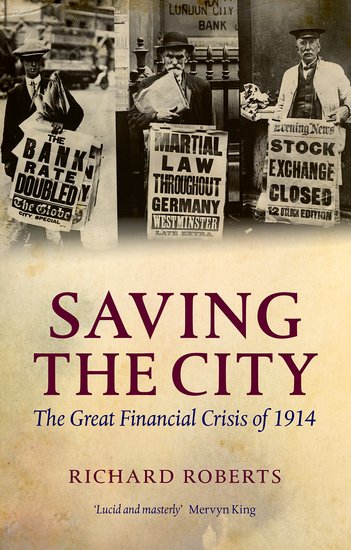Raising the Thanksgiving turkey
By Neil Prendergast
A century ago, the turkey was in truly poor shape. Its numbers had dropped considerably during the late nineteenth century, largely due to overhunting, habitat loss, and disease. In 1920, there were about 3.5 million turkeys in the United States, down from an estimated 10 million when Europeans first arrived in North America.












